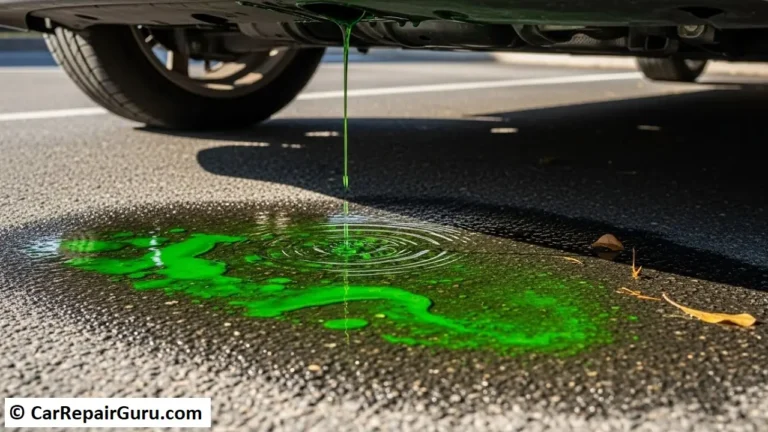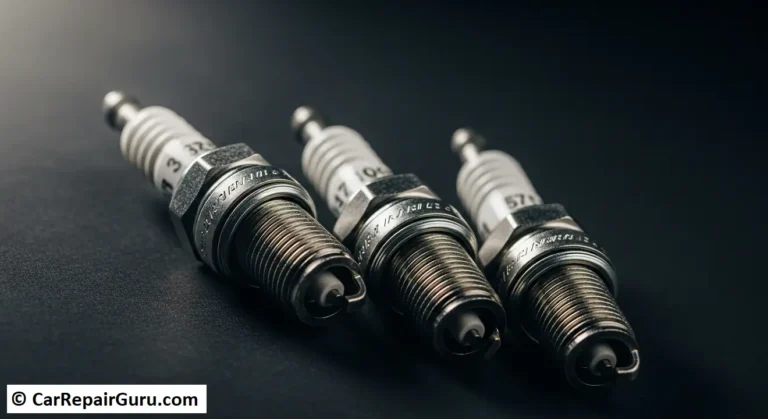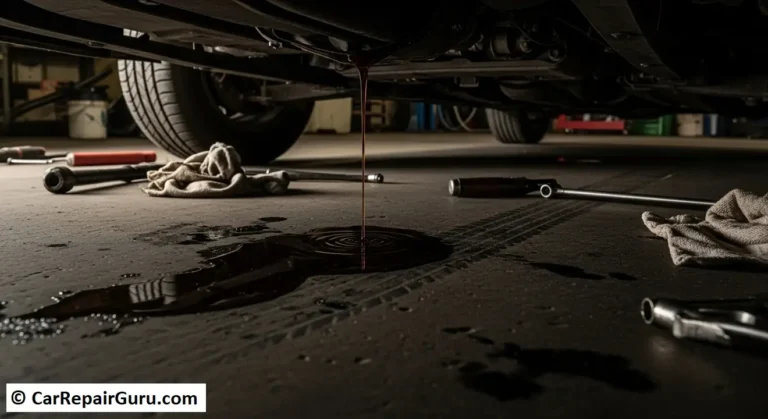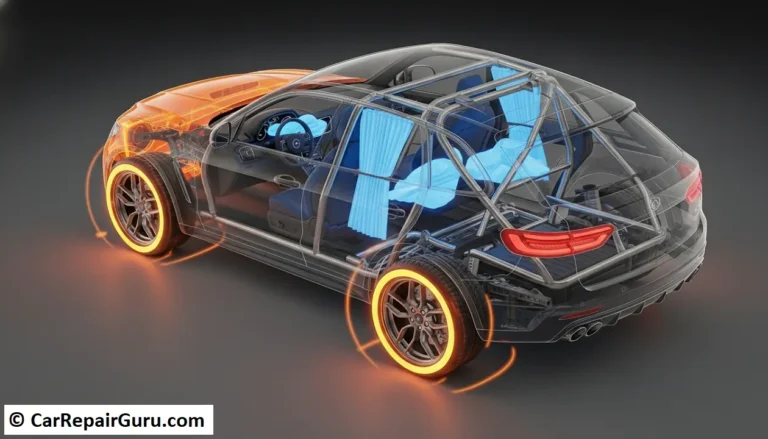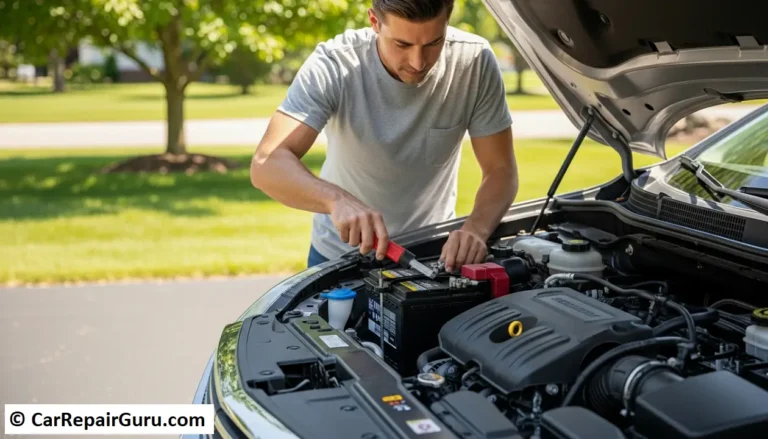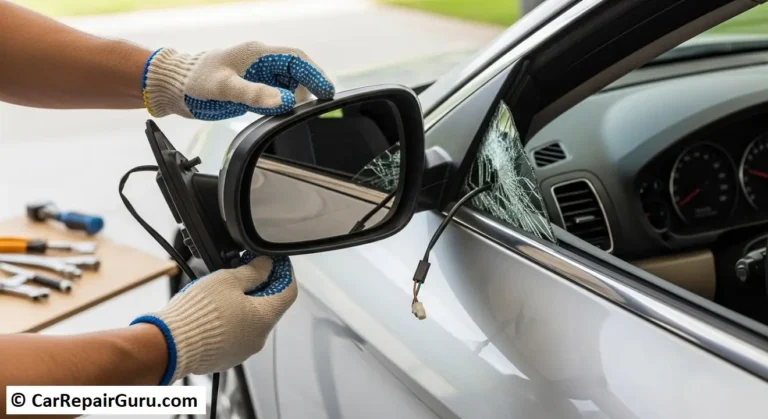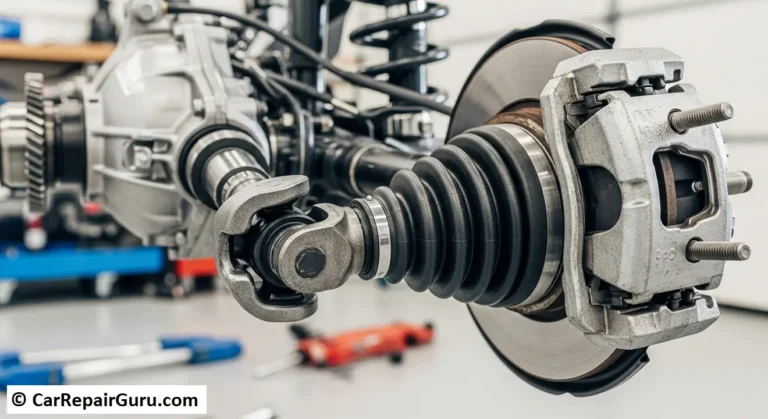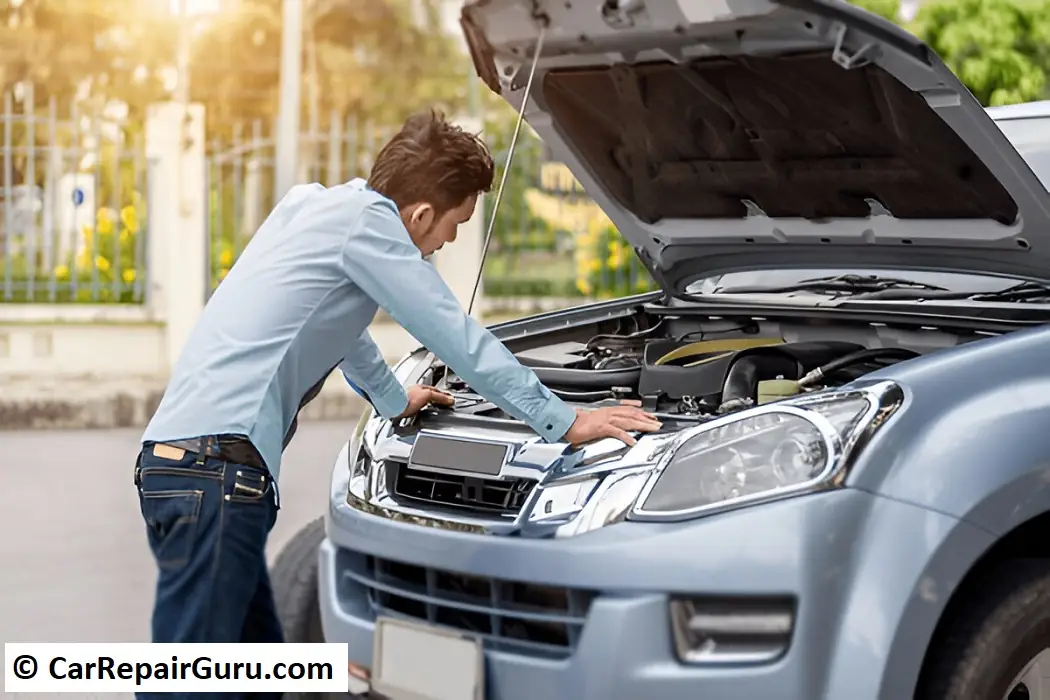
Car engines are the heart of any vehicle, and keeping them in good condition is vital for smooth performance and safety. Over time, however, engines can develop issues that, if ignored, could lead to costly repairs or even total breakdowns. Recognizing and addressing these problems early is the key to avoiding bigger headaches down the road.
From misfiring cylinders to unusual noises and overheating, common car engine problems often give clear warning signs. Understanding these symptoms and knowing how to troubleshoot can empower you to take the right steps before they escalate. In this guide, we’ll explore the most frequent engine issues, their causes, and solutions. We’ll also share tips on preventative maintenance and answer frequently asked questions to help you maintain your engine and extend its lifespan.
Let’s dive into the details and keep your car running at its best!
Common Car Engine Problems and Solutions
Car engines are complex systems with numerous components working together to keep your vehicle running. Over time, wear and tear or external factors can lead to various issues. Here are some of the most common car engine problems, their symptoms, causes, and expert-recommended solutions:
Misfiring Cylinders
Symptoms:
A misfiring cylinder often results in rough idling, reduced fuel efficiency, or hesitation when accelerating. You might also notice the check engine light flashing on your dashboard.
Causes:
- Faulty spark plugs or ignition coils.
- Fuel system issues, such as clogged injectors.
- Sensor malfunctions, like a faulty oxygen sensor.
Solutions:
- Replace worn-out spark plugs and ignition coils regularly.
- Clean or replace clogged fuel injectors to restore proper fuel flow.
- Use a diagnostic tool to identify faulty sensors and replace them as needed.
Overheating Issues
Symptoms:
Common signs of overheating include a rapidly rising temperature gauge, steam coming from under the hood, or coolant leaks pooling beneath the car.
Causes:
- Insufficient coolant levels.
- Blocked or damaged radiators.
- Malfunctioning thermostat or water pump.
Solutions:
- Regularly check and top up coolant levels with the appropriate type.
- Flush the radiator periodically to prevent blockages.
- Replace a faulty thermostat or repair the water pump to ensure proper coolant circulation.
Unusual Noises from the Engine
Symptoms:
Knocking, hissing, grinding, or rattling noises often signal engine trouble.
Causes:
- Knocking may indicate worn-out engine bearings.
- Hissing could be due to a coolant leak.
- Grinding or rattling often points to loose components or transmission issues.
Solutions:
- Inspect and tighten loose parts, such as belts or bolts.
- Repair or replace worn-out bearings promptly.
- Address leaks and transmission issues with professional assistance.
Starting Problems
Symptoms:
If your car doesn’t start or only clicks when you turn the key, it’s a clear sign of engine trouble.
Causes:
- Weak or dead battery.
- Faulty starter motor or alternator.
- Fuel system delivery issues.
Solutions:
- Test the battery and replace it if necessary.
- Inspect and repair the starter motor and alternator.
- Ensure the fuel pump and filters are in good condition.
By recognizing these common car engine problems early, you can address them before they become costly repairs. In the next sections, we’ll explore preventative maintenance strategies and more to keep your engine running smoothly.
Diagnosing Engine Warning Lights
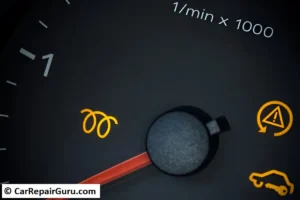
Modern vehicles are equipped with advanced diagnostic systems that alert drivers when something is wrong with the engine. The check engine light and other warning indicators can be intimidating, but understanding them is essential for identifying common car engine problems early.
Understanding Engine Warning Lights
The check engine light is one of the most common and misunderstood dashboard indicators. It illuminates when the car’s onboard diagnostic system (OBD-II) detects a problem. These issues can range from minor concerns, like a loose gas cap, to significant problems, such as a failing catalytic converter.
Other common engine-related warning lights include:
- Temperature Warning Light: Signals overheating.
- Oil Pressure Light: Indicates low oil levels or pressure issues.
- Battery Warning Light: Suggests a problem with the electrical system.
Steps to Diagnose Warning Lights
- Don’t Panic
If a light comes on, stay calm. Observe the car’s performance for signs like strange noises, reduced power, or unusual smells. - Use an OBD-II Scanner
Plugging an OBD-II scanner into your car’s diagnostic port allows you to read error codes. These codes correspond to specific issues, such as misfiring cylinders or sensor malfunctions. - Consult the Vehicle Manual
Your car’s manual provides guidance on what each light signifies and the steps to take. - Address the Issue Promptly
Ignoring warning lights can lead to more severe problems. If the light flashes, it’s a sign of a critical issue requiring immediate attention.
Diagnosing warning lights promptly can save time, money, and potential damage. In the next section, we’ll look into fuel system issues and how to prevent them. Let me know if you’d like to move forward!
Fuel System Issues
A car’s fuel system plays a critical role in ensuring the engine runs smoothly by delivering the right amount of fuel at the right time. When this system malfunctions, it can lead to poor performance and even engine failure. Let’s explore the common car engine problems related to the fuel system, along with their causes and solutions.
Signs of Fuel System Problems
When the fuel system encounters issues, you may notice:
- Engine Stalling: Your car may stop unexpectedly, especially at low speeds.
- Hesitation During Acceleration: A lag in response when you press the gas pedal.
- Difficulty Starting the Engine: It may take multiple attempts to start the car.
- Poor Fuel Efficiency: Increased fuel consumption compared to normal.
Common Causes and Solutions
- Clogged Fuel Filters
- Cause: Dirt and debris accumulate in the filter, restricting fuel flow.
- Solution: Replace the fuel filter as part of regular maintenance, typically every 20,000–30,000 miles.
- Faulty Fuel Pump
- Cause: The pump fails to supply adequate fuel pressure to the engine.
- Solution: Replace the fuel pump if it’s no longer functioning properly.
- Dirty or Malfunctioning Fuel Injectors
- Cause: Deposits build up, affecting the spray pattern and fuel delivery.
- Solution: Use a fuel injector cleaner or have them professionally serviced.
- Low-Quality Fuel
- Cause: Contaminants or lower-octane fuel can harm engine components.
- Solution: Always refuel at reputable stations and stick to the manufacturer’s recommended fuel type.
Addressing fuel system issues promptly will enhance your car’s performance and longevity. In the next section, we’ll discuss preventative maintenance tips to avoid these problems. Let me know if you’re ready for it!
Preventative Maintenance Tips
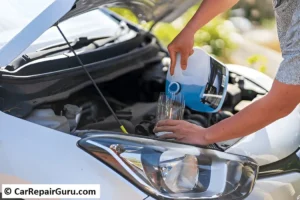
Preventative maintenance is the best way to avoid common car engine problems and ensure your vehicle runs smoothly for years. Regular upkeep not only saves money on costly repairs but also improves safety and performance. Here are some essential tips to keep your engine in top shape.
Regular Oil Changes
Why it’s important:
Oil lubricates the engine’s moving parts, reduces friction, and prevents overheating. Old or low-quality oil can lead to sludge buildup and damage.
Tip:
- Change your oil and filter every 3,000–5,000 miles, or as recommended by the manufacturer. Use high-quality oil suitable for your car’s engine.
Monitor Coolant Levels
Why it’s important:
Coolant prevents the engine from overheating or freezing. Low levels can lead to engine overheating and severe damage.
Tip:
- Check coolant levels monthly and refill with the correct type if needed. Flush the cooling system every 30,000 miles or as specified in the manual.
Replace Air and Fuel Filters
Why it’s important:
Air and fuel filters keep contaminants out of the engine. Dirty filters can cause poor performance, reduced fuel efficiency, and engine strain.
Tip:
- Replace air filters every 15,000–20,000 miles and fuel filters every 20,000–30,000 miles.
Keep Spark Plugs and Ignition Components in Check
Why it’s important:
Worn-out spark plugs can cause misfires and reduced fuel efficiency.
Tip:
- Inspect spark plugs annually and replace them every 30,000 miles or per the manufacturer’s guidelines.
Drive Responsibly
Why it’s important:
Aggressive driving can strain the engine and wear out components faster.
Tip:
- Avoid rapid acceleration, excessive idling, and overloading your vehicle.
Perform Regular Inspections
Why it’s important:
Routine inspections can help identify issues before they escalate.
Tip:
- Inspect belts, hoses, and the battery during oil changes. Have a mechanic perform a comprehensive engine check every six months.
Implementing these preventative maintenance tips will help you avoid engine problems and extend the life of your car.
Conclusion
Taking care of your car’s engine is crucial for maintaining performance, safety, and longevity. By understanding and addressing common car engine problems—such as misfiring cylinders, overheating, and fuel system issues—you can prevent minor troubles from escalating into costly repairs.
Regular preventative maintenance, including oil changes, filter replacements, and routine inspections, ensures your engine remains in optimal condition. Paying attention to warning signs, like unusual noises or dashboard lights, and responding promptly can save both time and money while extending the lifespan of your vehicle.
Remember, your car’s engine is its beating heart. Investing in timely repairs and regular checkups will not only keep your car running smoothly but also enhance your peace of mind on the road. Take proactive steps today to keep your engine healthy and reliable for the journeys ahead!
Frequently Asked Questions (FAQ)
What are the most common engine problems?
Misfiring cylinders, overheating, and starting issues are common. They may be caused by worn-out spark plugs, low coolant, or faulty fuel injectors. Regular maintenance helps prevent these problems.
How can I prevent engine problems?
Perform regular oil changes, check coolant levels, and replace filters. Driving responsibly and getting periodic inspections can help avoid engine damage.
When should I worry about the check engine light?
The check engine light could signal anything from a loose gas cap to a serious issue like a failing catalytic converter. Use an OBD-II scanner or visit a mechanic to diagnose the problem.
Can I fix engine problems myself?
Minor issues like replacing filters or spark plugs can be done at home, but complex problems like misfires or overheating require professional repair to avoid further damage.
